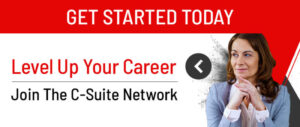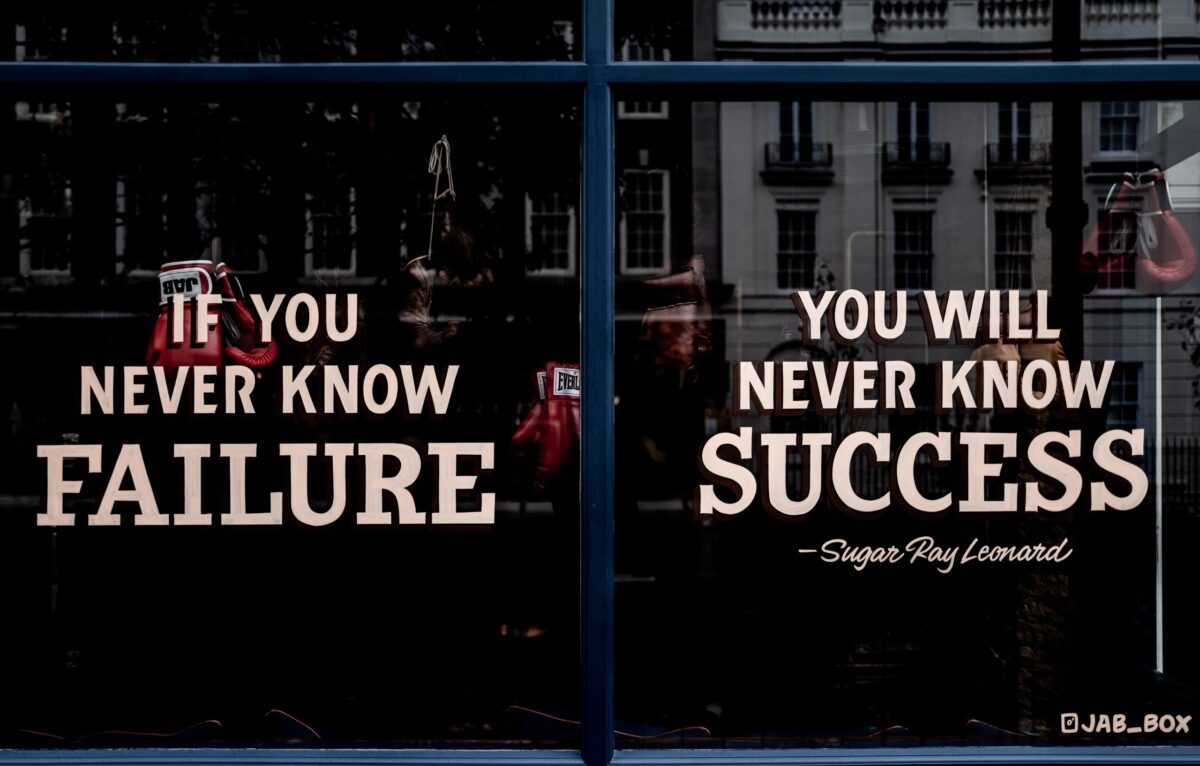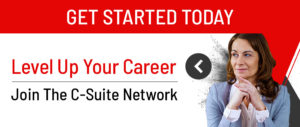

By Kelli Richards
The Beautiful Art of Being Honorable
May 31, 2022
Almost everyone knows “The Golden Rule.” Essentially “do unto others as you would have them do unto you.” It seems to me people used to treat each other with more kindness and respect, with an intent to honor their commitments to one another, and to lift each other up with an eye towards improving and enhancing each other’s lives. Was that some utopian vision of yore?
I hope not. But in recent times it appears those social mores have gone by the boards. Maybe, however, as conscious individuals, many of us will do what we can to restore them in our daily rounds and interactions with others. Because to do so is a sign of embracing our humanity and empathy and is something we are in control of.
What it Means to be Honorable and Why it Matters
Another timeless saying in our society is, “your word is your bond.” The implication is that we act with honor and integrity and that when we make a commitment to someone or something, we follow-through and do what we say we’re going to. People can count on us; we are accountable. And again, that seems to be something that’s more the exception than the norm. We need to be able to count on each other in life and in business; it’s how we make our decisions about who to be in a relationship with – in our choices of partners, friends, and in our business colleagues, bosses and the businesses and organizations we choose to engage with.
When people behave honorably and honor their word, that’s when trust develops. Without it, at best we become cynical and operate at arm’s length with others – and life can become a long slow trod through enemy territory where we have to be on our guard at every corner.
On the other hand, when we engage with people who are honorable (and we are ourselves), we can relax and be our authentic selves, do our best work, and have an impact in creating the type of society and communities we choose to live in, a world where we have each others’ backs, and where we can count on each others’ support. That’s the type of role model we seek to create as an influence on our children and future generations. In this orientation, we can truly thrive.
How Being Honorable Makes a Difference for Ourselves and Others
There are many facets of how this looks and plays out – many examples beyond what we can cover in this brief article. One is transparency in business. Are we authentic and straightforward with our partners, colleagues, clients and shareholders in good times and bad, even when things have gone awry? Another is practicing kindness to others. Instead of bemoaning that a homeless person comes into an outdoor dining area with their shopping cart and sits among you and your fellow diners – do you chastise them and wish they would leave, or do you pick up the tab for their meal realizing one act of kindness can have a ripple effect to relieve someone’s misery and an otherwise challenging existence? And of course, there is being honorable to yourself. When you make a commitment to improve your own health and well-being, do you do what you said you were going to do in terms of regular exercise, eating healthy food, and practicing other self-care habits that can get you there, or do you succumb to self-sabotaging habits that contributed to the state you’re in that you’re seeking to shift out of? These are all things that can not only improve our own condition and that of our society (one act and mindful commitment at a time) – but that have a ripple effect on those we engage with. And the best news is that we’re in full control of behaving honorably many times in a given day.

Ideas to Improve Being Honorable as Part of a Mindful Practice
*When you make a commitment to yourself and others, show up and take action, and do what you said you would do (simple as that). If you can’t or you’ve changed your mind, choose again, recommit to your new direction, and let others know what they CAN count on you for.
*Be authentic and transparent – that’s honoring in and of itself. If a mistake gets made or circumstances change and you can’t honor your original intention – let those around you know, take ownership and responsibility, and share what you are willing to do from here forward. Don’t disappear, “ghost” others, and retreat – that’s cowardly and makes problems worse.
*Adopt a mindset of kindness and do what you can to support the well- being and success of others when you can. It can be simple gestures like smiling and waving at others, lending an ear or a shoulder to someone who’s having a challenging time, or something more complex like making a referral or writing a check when you can that has the potential to make a real difference in someone’s life. You’re literally investing in someone else’s success and paying it forward. What would life be like if more of us chose to behave this way on an ongoing basis?
We don’t have control of a lot in this complex world – especially in times of challenge and chaos as we’ve been enduring with the pandemic and other global circumstances of late, but we DO have control over how we treat ourselves, and how we interact with others – which with daily practice and intent can have a ripple effect in creating the type of society and world we choose to inhabit. What are you doing to practice being honorable? I’d really be interested to know.







